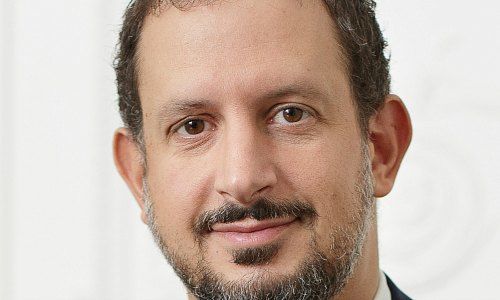In 15 years at Julius Baer, he has mastered the ability to see his ideas through, according to this person. Rickenbacher is expected to navigate Julius Baer around its current strategy – a few select markets, more digitally-equipped advice, and a newly-launched advisory push – with far more consistency and urgency than his predecessors.
Product vs Client Banker
Rickenbacher's weakness may be that he doesn't appear to have clout with Julius Baer's cadre private bankers. On paper, Rickenbacher looks to have spent the bulk of his banking career in products; in reality, when he oversaw advisory solutions, he was part of discussions with major clients as well.
His primary challenge is to equip the somewhat stodgy private bank wiht better technology, both behind the scenes as well as with clients. Rickenbacher was behind the push begun four years ago to aid private bankers with automated regulatory and advisory help; the packages have been rolled out in Switzerland and Europe, and is pending in the Middle East.
High Expectations
The bank faces an increasingly demanding group of clients, younger and unsatisfied with commoditized investment advice. It is also a key counterparty for family offices and other networks used by its wealthy clientele.
Internally, Rickenbacher has to pass muster with Julius Baer's 1,500 private bankers. The «front» is far more powerful than at rivals like UBS or Credit Suisse; the bankers have been known to ruthlessly expunge top executives who run afoul of them.
The generation of millennials poised to inherit wealth is another risk – and opportunity – for Rickenbacher. Unlike Hodler, who was intricately involved in his own succession planning from almost the beginning of his tenure in 2017, he is not a stop-gap CEO. Julius Baer's board expects of Rickenbacker to vault the bank into the next era, without sacrificing juicy dividends.
- << Back
- Page 2 of 2



































